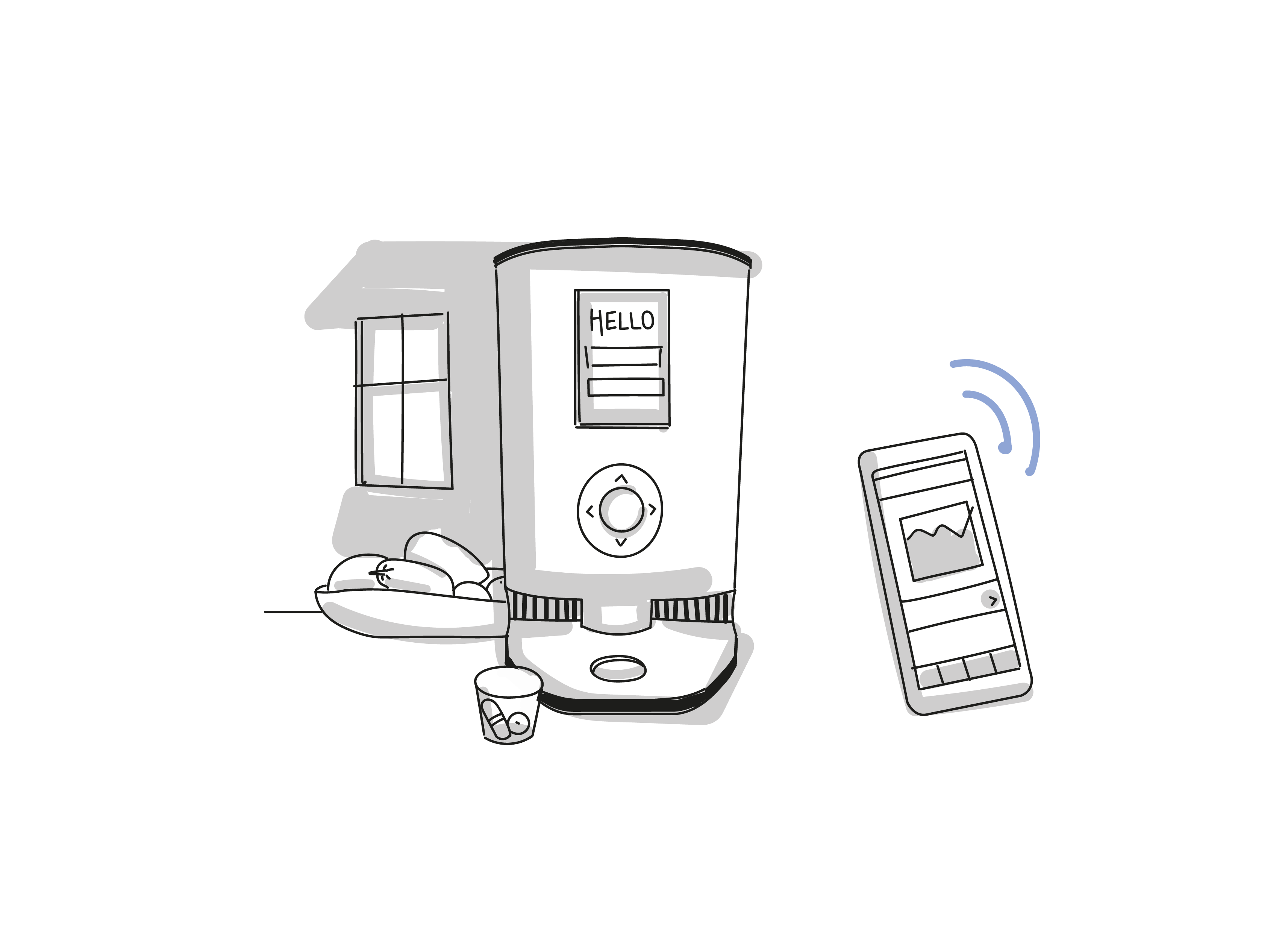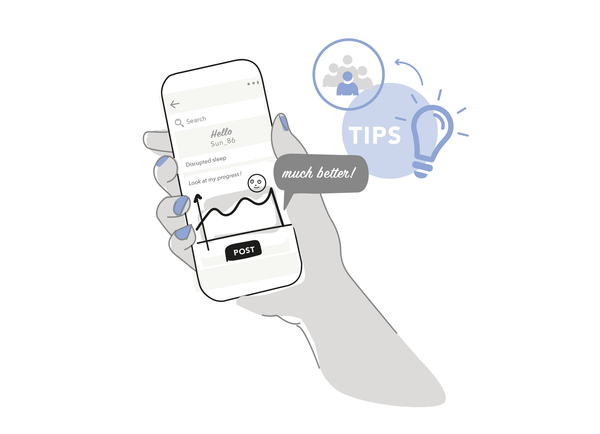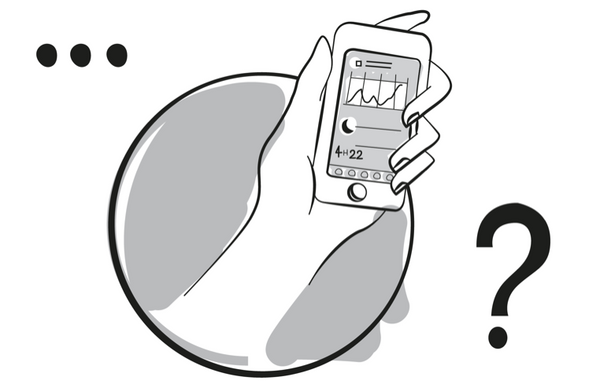Research study
Studies on Health Data Sharing Ethics and Values

We have worked with a diverse group of stakeholders to discuss the sharing of personal health data by people with HIV for healthcare provision, and with peer support organisations and third sector services. A key focus was to think about how values and ethics may shape the design and use of tools and services for supporting the self-management of HIV and other potentially stigmatising long-term conditions. We engaged stakeholders using methods grounded in a Value Sensitive Design approach to address the following questions.
- What models of consent are perceived as trustworthy within our research population?
- How do relationships of power shape barriers and enablers for the individual in managing and sharing their personal data?
- Can we identify what personal values shape ethical issues for individuals in this population?
- How can we challenge the idea of ‘ethics as minimising risk’ and consider an ethics of care, a humanistic approach?
- How can the design of tools to support trusted data interactions be informed by the values and ethical concerns identified by the research population and stakeholders?
Understanding Ethical Concerns and Concepts of Care for Service Innovation to Support Personal Data Sharing by Adults Living with HIV
Researchers at Newcastle University (NU) and University of Edinburgh (UoE) conducted two online linked studies. First, we ran a creative workshop with people living with HIV including participants recruited through the HIV Advocates Treatment Network (UK-CAB). We ran a follow-up interview study with 15 stakeholders including representatives from healthcare, charities, policy making, academia, health insurance and pharmaceutical companies.
At the workshop, we presented participants with sketches of near future design products for supporting HIV self-management and wellbeing. These served to invite participants to reflect on moral dilemmas and ethical issues related to the sharing of personal health data with different stakeholders. In groups, participants developed character-driven scenarios (stories) about personal data sharing for managing health and wellbeing. The co-created stories were shared at the stakeholder interviews to collaboratively envision with them what could be designed and/or implemented to address concerns and to promote a practice of ethical care in relation to data sharing.
Insights
Workshop participants created character-driven scenarios that highlighted ethical concerns and potential barriers for effectively using such technology to support self-management and broader care. The scenarios conveyed concerns about technology malfunction or unreliability and the impact this can have on people’s engagement in care and broader lives. In a complex system where health data may be shared at scale and across different parties, concerns about users control and confidentiality were expressed.
This study closed in 2022. We are currently analysing data from stakeholders' interviews and findings will be published in due course.


